Flax seeds
Flax seeds
Flax seeds contain compounds called lignans, which are a type of phytoestrogen. Phytoestrogens are plant-derived compounds that have a similar structure to estrogen and can bind to estrogen receptors in the body, albeit with much weaker effects compared to the estrogen produced by the body.
There's some research suggesting that consuming flax seeds may have a mild estrogenic effect in the body due to these lignans. However, the extent of this effect and its significance in humans is still a topic of scientific investigation and debate.
For most people, moderate consumption of flax seeds as part of a balanced diet is unlikely to have significant hormonal effects. In fact, flax seeds are valued for their many health benefits, including their high fiber content, omega-3 fatty acids, and potential antioxidant properties.
As with any food, it's always a good idea to consume flax seeds in moderation and in the context of a varied diet. If you have concerns about hormonal balance or specific health conditions, it's best to consult with a healthcare professional for personalized advice.
Flax seeds are tiny powerhouses of nutrition, packed with various health benefits. Here are some of the key benefits of incorporating flax seeds into your diet:
Rich in Omega-3 Fatty Acids: Flax seeds are one of the best plant-based sources of alpha-linolenic acid (ALA), a type of omega-3 fatty acid. Omega-3 fatty acids are essential for heart health, brain function, and reducing inflammation in the body.
High in Fiber: Flax seeds are an excellent source of soluble and insoluble fiber. This fiber content helps promote digestive health by supporting regular bowel movements, preventing constipation, and promoting gut health.
Potential Cardiovascular Benefits: The omega-3 fatty acids and lignans found in flax seeds may help reduce the risk of heart disease by lowering blood pressure, reducing LDL (bad) cholesterol levels, and improving overall heart health.
Antioxidant Properties: Flax seeds contain lignans, which have antioxidant properties that may help protect against oxidative stress and cell damage caused by free radicals in the body.
Potential Cancer Protection: Some studies suggest that the lignans in flax seeds may have protective effects against certain types of cancer, including breast, prostate, and colon cancer. However, more research is needed to confirm these effects.
Blood Sugar Control: Flax seeds may help improve blood sugar control, especially in people with type 2 diabetes, due to their high fiber content and ability to slow down the digestion and absorption of carbohydrates.
Weight Management: The combination of fiber and healthy fats in flax seeds can help promote satiety and reduce appetite, which may aid in weight management by helping you feel full for longer periods.
Skin and Hair Health: The omega-3 fatty acids in flax seeds may help improve skin hydration and reduce inflammation associated with conditions like acne, eczema, and psoriasis. Additionally, flax seeds may contribute to healthy hair growth and shine.
Bone Health: Flax seeds contain minerals like calcium, magnesium, and phosphorus, which are essential for bone health and may help reduce the risk of osteoporosis.
Versatile and Easy to Use: Flax seeds can be easily incorporated into your diet by adding them to smoothies, yogurt, oatmeal, baked goods, salads, and more.
Overall, adding flax seeds to your diet can be a simple and effective way to boost your nutritional intake and support overall health and well-being.
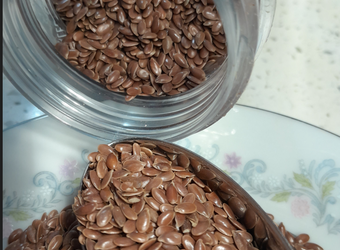
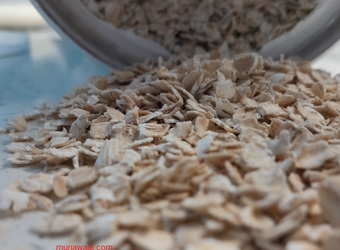
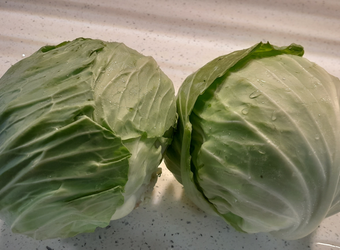
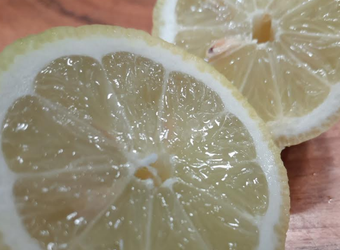
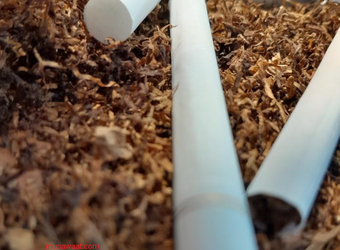

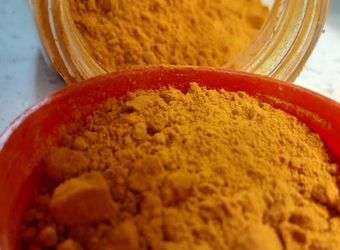
Related Articles